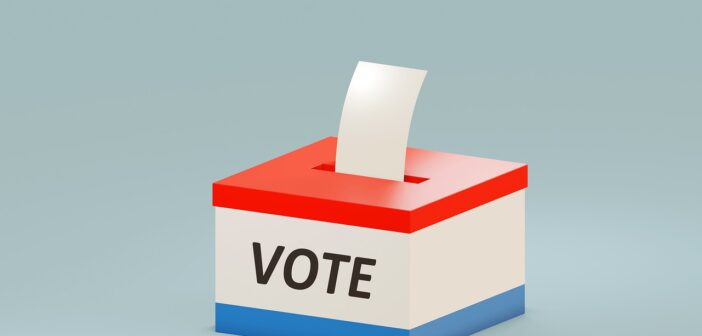During the normal voting registration period, which closes 27 days before an election, you can register to vote in a variety of ways. These include in-person at a driver’s license facility, online and through the mail. However with Election Day fast approaching and the normal registration period now close. How can students still cast their ballot?
Grace period voting
As we are past normal voter registration dates, grace period voting procedures must be used to register. Dr. Sean Kim Butorac, assistant professor of political science, explains grace period voting and the documents required for it. With grace period voting you can still register to vote even after the official online registration has closed. This is not just useful for those who have forgotten or couldn’t register before, it is also useful for those individuals who have changed address during the period.
Registering to vote during the grace period means you have to vote in person when you register. To register and vote, you can visit a voter’s election authority office, a permanent polling place, early voting sites, some Election Day polling places or a designated location for grace period voting.
As with normal registration, to register during the grace voting period you must be a U.S. citizen, be 18 years or older by Election Day, and a resident of your precinct for at least 30 days. Additionally, have with you two forms of identification.
For more about grace period voting or find your grace period voting locations, the Illinois Online Voter Application is available.
Library resources and librarian/alumni advice
According to Melissa Proulx, ’10, head of outreach and liaison services at Oesterle Library, the library has had a election resource guide for around six to eight years. It is vetted by the library and updated every election cycle. It is meant for students, faculty and anybody on campus. There links for registration information, voting locations, resources for candidate information, sample ballots and other relevant resources. Proulx said the library creates this election resource guide for the same reason anything the library does.
“We want to make sure that anyone on campus finds accurate information for whatever their questions are,” said Proulx.
One site on the resource guide in Vote.org. This website is meant to assist in anything from checking your registration status, finding polling places or ballot boxes. Another site is BallotReady, which accumulates information from a variety of sources, such as candidates’ websites and press and providing nonpartisan information about what is on voters’ ballots.
As Proulx mentioned how Generation Z’s turnout in elections is not as strong as that of people over 70. This difference in youth voter turnout was recognizable back in 2020. She expresses an understanding of how federal and national level elections can make voting feel less important to young people. Yet, Proulx emphasizes that there is a great deal of local elections happening at this time as well. Locally, there are various county-level and state legislative elections occurring. In addition to this, there is a measure to codify workers’ rights in the Illinois constitution on the ballot. This measure she feels is relevant to students, as they will be part of working population shortly.
“There’s kind of a [misbelief]of some people look at voting as a marriage. It’s not. You’re not committing yourself to this candidate for life. That is simply not how it works. I saw an analogy online that has stuck with me and that I enjoy. It’s more like you’re at the bus terminal and you know the direction you’re trying to head. So, you’re going to pick whichever bus is heading towards that direction. Even if it’s not the total destination you want to end up, at least you’re heading in the direction you want to go,” said Proulx.
Proulx describes that when she was a student here at NCC, general politics was not a major topic on campus. Yet now, there is more student engagement. She denies the notion that Generation Z doesn’t care. Yet, it can be difficult in our current environment to know what to do with that care. The importance for her is not to instruct people on what to do, but to show them how to make their own informed decisions.
“It’s very obvious that the students in college right now care a lot more than even 10-15 years ago,” said Proulx.

